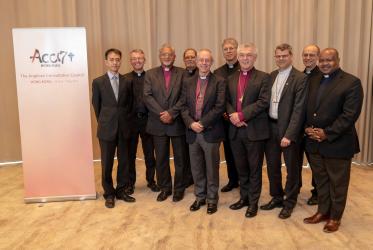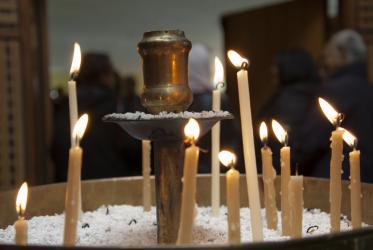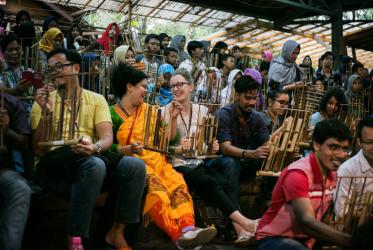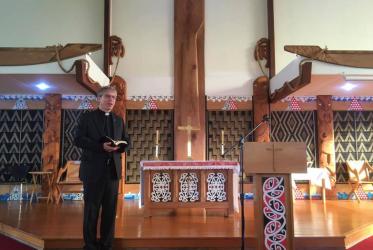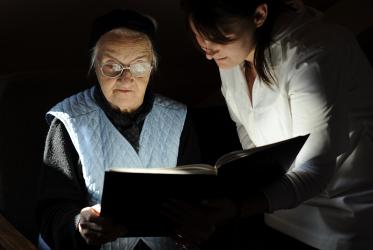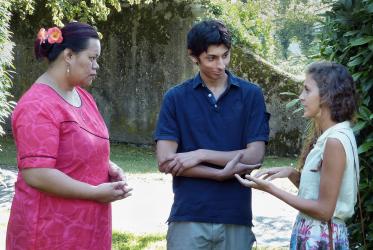Displaying 1 - 9 of 9
Youth in Asia can now apply for WCC inter-religious training
15 February 2018
WCC general secretary visits Aotearoa New Zealand
10 October 2016
United Bible Societies: A world fellowship serving the churches
16 December 2015
Youth build multi-faith community in Bossey
28 August 2013

